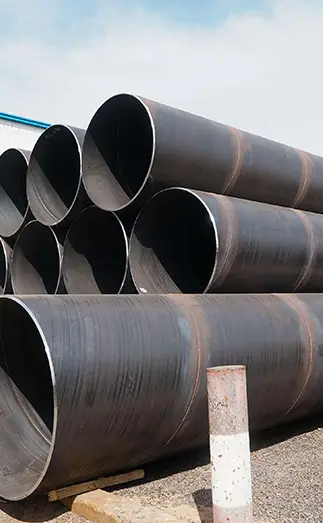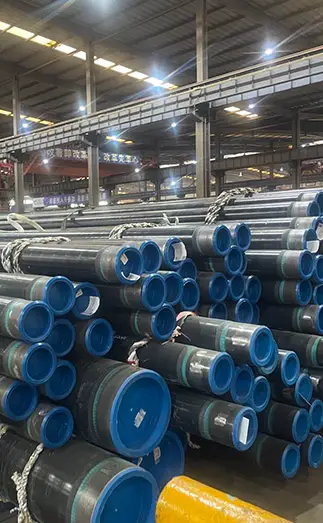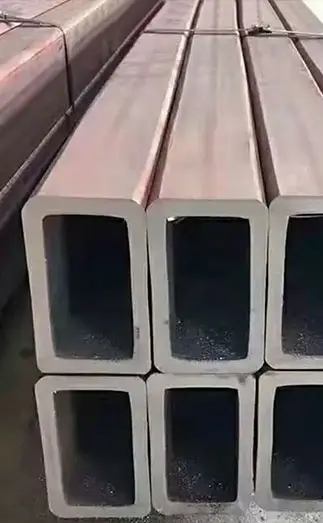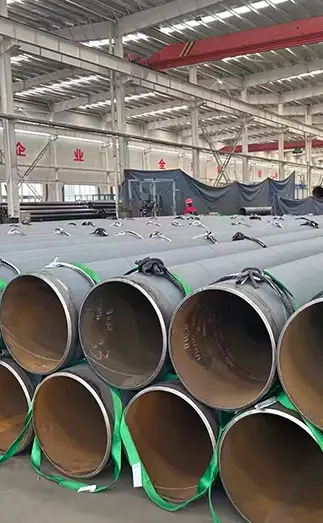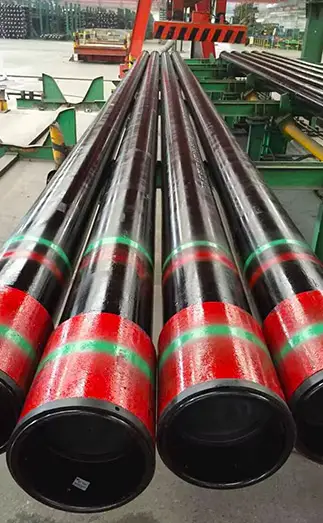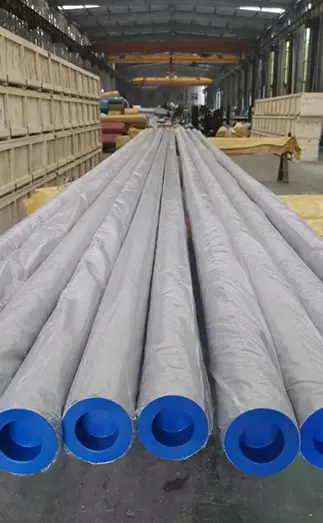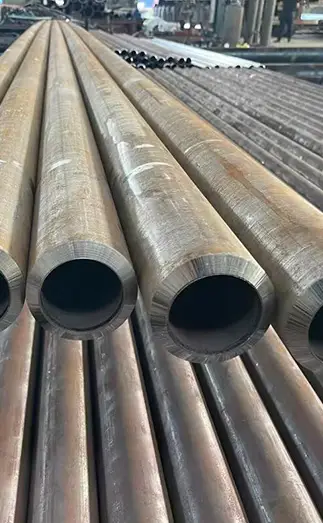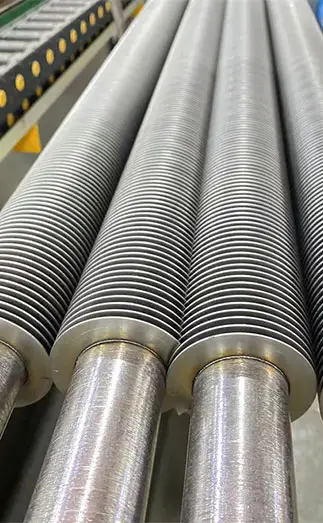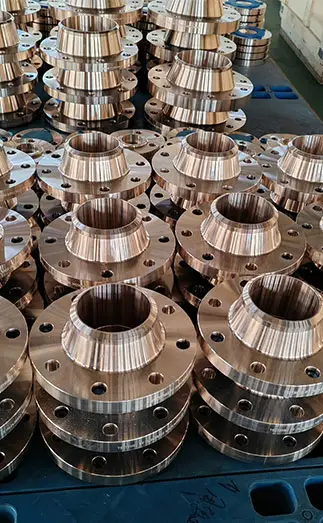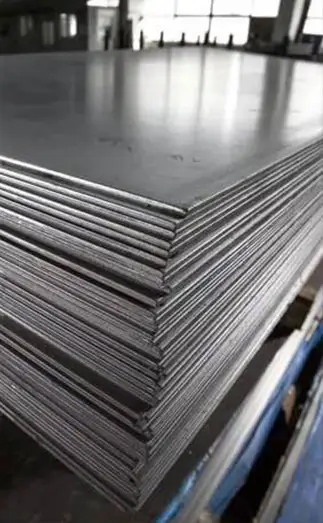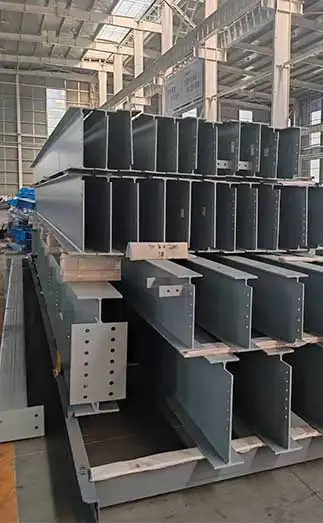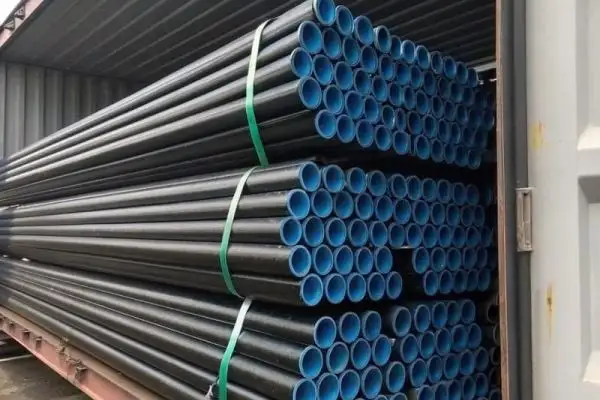The anti-corrosion treatment of ERW (Electric Resistance Welded) steel pipes is essential for preventing corrosion during use, which can otherwise shorten the service life of the pipes.
Commonly used anti-corrosion materials for ERW steel pipes include:
- Polyethylene (PE):
Known for its excellent corrosion resistance, polyethylene is commonly used in pipelines for natural gas, city gas, water supply, industrial water, and other applications.
- Polypropylene (PP):
This material offers resistance to chemical corrosion and is suitable for chemical medium pipelines and those in the chemical industry. However, it has limited resistance to strong acids and alkalis, making it unsuitable for pipelines that carry these substances.
- Epoxy Fiberglass Anti-Corrosion Layer (FBE):
With superior corrosion resistance, FBE is widely used in industries such as petroleum, natural gas, chemicals, urban water supply and drainage, marine engineering, and heating systems.
How to Choose the Right Anti-Corrosion Material for ERW Steel Pipes
- Pipeline Environment:
The selection of material depends on the environment in which the pipeline will be used. For example, in saline or seawater environments, materials with higher corrosion resistance to saltwater should be chosen.
- Medium Characteristics:
The type of medium conveyed by the pipeline is another critical factor. Highly corrosive substances, such as strong acids or alkalis, require materials with enhanced corrosion resistance to withstand these conditions.
- Pipe Shape:
The shape of the pipe (e.g., elbows, tees) also influences the choice of anti-corrosion treatment. Special coatings, such as water-blocking adhesives, may be necessary for fittings to ensure effective protection.
Practical Tips
- Pre-Treatment:
Before applying anti-corrosion coatings, the surface of the ERW steel pipe must be thoroughly cleaned to remove any grease, rust, or contaminants, which facilitates better adhesion of the anti-corrosion material.
- Construction Environment:
Ensure the environment is dry and within the recommended temperature range during anti-corrosion treatment to optimize the effectiveness of the coating.
- Storage and Transportation:
During storage and transport, precautions should be taken to protect the ERW steel pipes from exposure to moisture and rain, which could compromise the integrity of the anti-corrosion layer.
By selecting the right anti-corrosion material based on environmental and operational conditions, and adhering to proper pre-treatment and handling procedures, the longevity and performance of ERW steel pipes can be significantly improved.



 English
English Español
Español Français
Français بالعربية
بالعربية